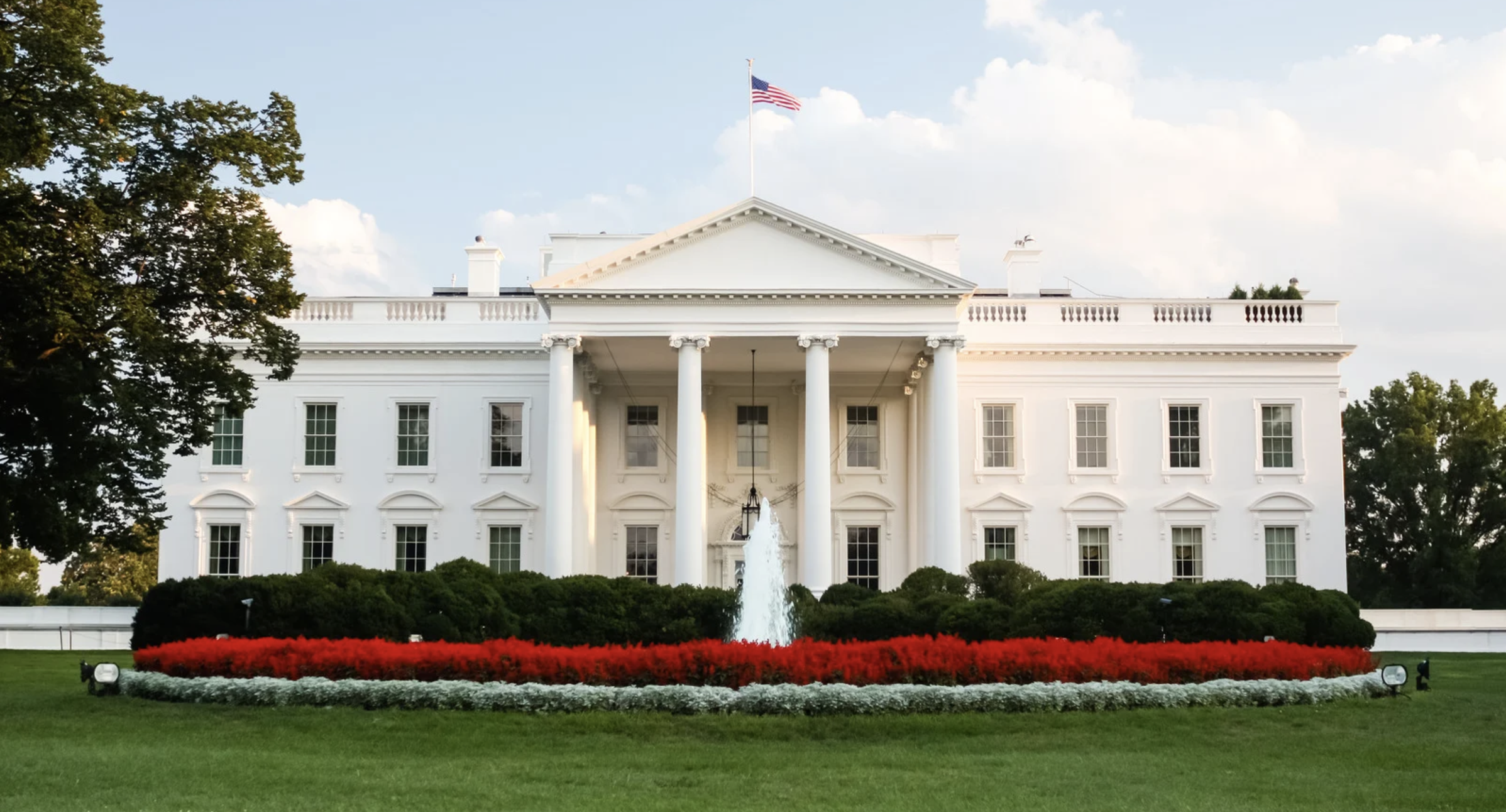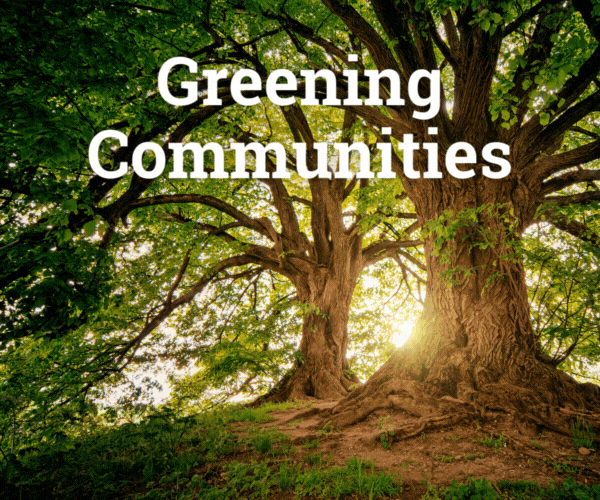In just over 100 days since President Trump’s return to office, public opinion reflects growing alarm over the bounds of executive power.
A late April survey conducted by the Public Religion Research Institute (PRRI) suggests that 52% of Americans — including 87% of Democrats, 56% of Independents and 17% of Republicans — agree that Trump is a “dangerous dictator whose power should be limited before he destroys American democracy,” while only 40% of all American respondents expressed favorable views of the President after his first 100 days.
As of May 1, Trump’s use of executive power in areas including immigrant extraditions, legal status revocations, DEI bans and press restrictions has spawned at least 328 lawsuits nationwide.
“That’s the really big difference from cases of slower-developing authoritarianism in places like Hungary, Turkey and India … is this rapid, open disregard for court rulings and legality,” said Lucan Ahmad Way, political science professor at the University of Toronto, at a Friday, May 9 American Community Media briefing on the weakening of U.S. democracy.
One benchmark survey, Bright Line Watch, had over 500 U.S.-based political scientists rate American democracy on a scale of 0, signifying complete dictatorship, to 100, signifying complete democracy.
While the professors rated the country a 67 after Trump’s election in November, that number dropped to 55 several weeks into the president’s second term.
“What we’re seeing now are subtle legal or semi-legal abuse, from defamation suits to online harassment, that increase the costs of even mainstream opposition,” said Way. “An essential element of democracy is that we can criticize the government and not have to worry about things like an increased chance of your taxes being audited, foregoing business opportunities or suffering harassment.”
“What we have now is a situation in which many Americans — minorities and immigrants, but also core parts of the establishment — now think twice about whether to oppose Donald Trump,” he added. “We see donors who are scared to give to the Democratic Party or left-wing causes for fear of retribution. We see self-censorship in the media.”
Way added that despite a prospective Supreme Court challenge, “I would be quite surprised, assuming Trump’s health holds, that he doesn’t go for a third term. At this point, it’s the likely scenario.”
Trump has floated the idea of a three-term presidency multiple times, including a late March interview with NBC in which he said he was “not joking” about it, adding that it was “far too early to think about it.”
The 22nd Amendment proscribes third-term election, stating that “No person shall be elected to the office of the President more than twice.”
In the NBC interview, Trump affirmed a possible scenario in which current Vice President JD Vance would run for president and then pass the role on to Trump as “one method” to gain a third term despite this — “But there are others, too.”
Aziz Z. Huq, law professor at the University of Chicago, said, “In my view, there are other provisions in the Constitution that apply to President Trump, precluding him from holding the office that he holds now.”
“Section 3 of the 14th Amendment bars individuals who engage in rebellion, insurrection, or provide aid and comfort to either rebellion or insurrection. This language plainly and comfortably fits President Trump, given his actions on January 6, 2021,” he explained. “Nonetheless, the Supreme Court found a way to evacuate Section 3 of its meaning.”
On March 4, 2024, the Supreme Court ruled unanimously in Trump v. Anderson that only Congress, not individual states, could disqualify Donald Trump from the 2024 presidential ballot under Section 3 of the 14th Amendment, which generally bars insurrectionists from holding office.
However, the fact that Trump’s second term has already broken long-standing political, economic, legal and cultural precedents may also signal a loosening of historical constraints on Democrats.
“From the ‘90s onwards, the Democrats, like many left-of-center parties around the world, came to accept a set of economic policies — deregulation, open markets, financial liberalization — usefully but roughly called ‘neoliberalism,’ and by embracing the neoliberal policy agenda, the Democrats closed off many ways in which they could appeal to their historic working class base,” Huq said.
Now, “it is far less clear that there is a conventional wisdom on economic and political policy in the way that there was even five or 10 years ago,” he continued. “What that means is that, should they choose to use it, the Democrats have much more space to pursue policies that directly speak to the economic pressures that drive authoritarian populism than they did even five or 10 years ago.”
“I don’t think Democrats right now, in Congress anyway, have a vision. There has to be a vision forward as well as a protest against … because fear is what they’re planning on,” said Gloria J. Browne-Marshall, professor of constitutional law at City University of New York. “Fear gives them the wedge issues, the ‘divide and conquer’ — the fear of the immigrant, of diversity, of classes.”
“When we think about the abuses of power, we had grown used to these methods of undermining constitutional protections when it came to people of African descent and other communities that had been politically or economically marginalized, but it was always assumed in this country that it would have a limit there,” she continued.
“Authoritarian power isn’t appeased with acquiescence and capitulation. It only grows stronger,” Browne-Marshall explained. “The focus of all this is not just to gain power, but to have power as we go into the year 2045, when this nation becomes majority people of color. That’s what this is about: the fear of diversity.”
“Martin Luther King said in his book ‘Where Do We Go from Here: Chaos or Community?’, the last book he wrote, that if this country would have equality, it would not want democracy,” she added. “He understood that sharing power is very difficult. In a country that pretends it shares power, it’s even more difficult when we try to make that sharing of power a reality.”





